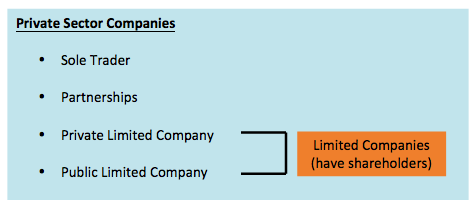What can governments do to protect the environment?
- Implement rules, laws and legislations
- put taxes on companies that are harming the environment
- move companies from the private to public sector
Government Regulation
Implementing regulations, legislations, codes of practice, etc are just some ways of how governments can protect the environment. By doing this, they prevent companies from doing harmful things to the environment legally.
Environmental Agencies
Environmental agencies are responsible for taking action against companies who don’t abide by regulations pertaining to the benefit of the environment. They can help firms by looking after wildlife, reducing waste, working with farmers and giving advice on how to protect the environment
Taxation
The purpose of taxes are to make sure that production and consumptions that result in social costs are paid by those who cause them. For example, if petrol has taxes, people may reduce carbon emission by not using their cars as much although, it can be argued that the government may use taxes on petrol as a way to increase government revenue.
Subsidies
Grants, Tax allowance and other subsidies are used to reward companies that are environmentally friendly as an incentive to continue to reduce activities that are harmful to the environment. Subsidies are also given to firms that exert positive externalities.
Compensation
Sometimes firms that impose harm on the environment are forced to pay compensation to victims of their actions. For example, people living by airports may receive payments to pay for double-glazing and other types of insulation.
Recycling
The process of recycling entails the collection of waste materials (such as, but not limited to; plastic, glass, steel, paper, etc) and creating a raw material out of the waste.
International Targets
Targets and agreements by collections of nations have been set in order to decrease worldwide pollution.
Permits
The use of pollution permits have increased in recent years. Firms are allocated a restricted amount of emissions that they are allowed to release into the atmosphere . Firms are allowed to sell their “allowances” to other firms.
Road Pricing and Charges
Causing congestions and pollution can result in charges to the road user(s) causing it. For example, in London, Drivers were charged with a fixed rate for entering a designated central London zone. 12 months later it was claimed that traffic had been cut by 18% and delays were down 30%.
Continue reading →
